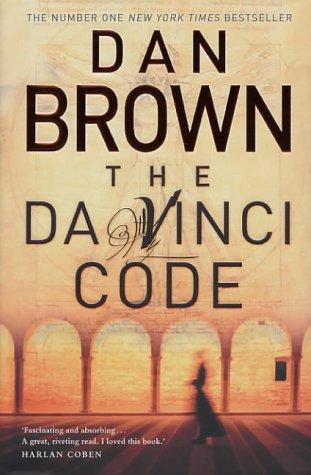QUEEN of the DAMNED
by
Anne Rice
Did you ever wonder where all those mischievous vampires roaming the globe in Anne Rice's Vampire Chronicles came from? In this, the third book in the series, we find out. That raucous rock-star vampire Lestat interrupts the 6,000-year slumber of the mama of all bloodsuckers, Akasha, Queen of the Damned.
Akasha was once the queen of the Nile (she has a bit in common with the Egyptian goddess Isis), and it's unwise to rile her now that she's had 60 centuries of practice being undead. She is so peeved about male violence that she might just have to kill most of them. And she has her eye on handsome Lestat with other ideas as well. If you felt that the previous books in the series weren't gory and erotic enough, this one should quench your thirst (though it may cause you to omit organ meats from your diet). It also boasts God's plenty of absorbing lore that enriches the tale that went before, including the back-story of the boy in Interview with the Vampire and the ancient fellowship of the Talamasca, which snoops on paranormal phenomena. Mostly, the book spins the complex yarn of Akasha's eerie, brooding brood and her nemeses, the terrifying sisters Maharet and Mekare. In one sense, Queen of the Damned is the ultimate multigenerational saga.




